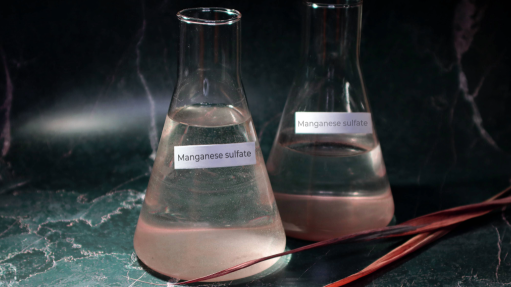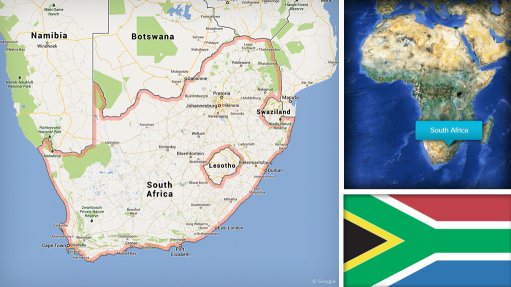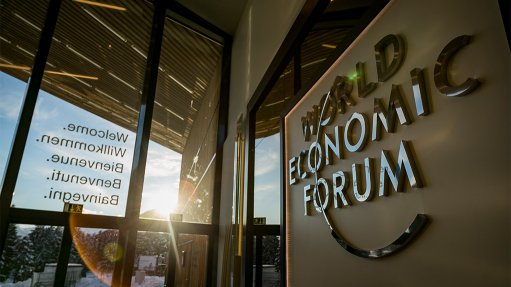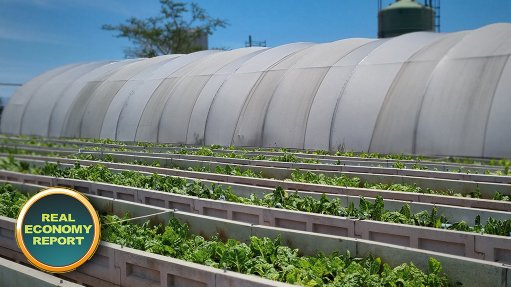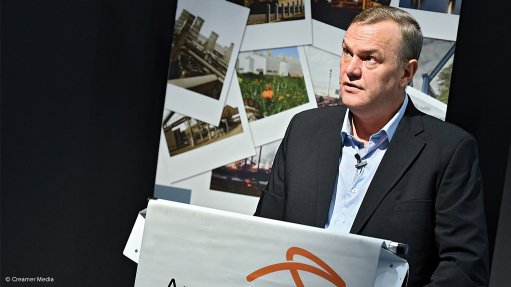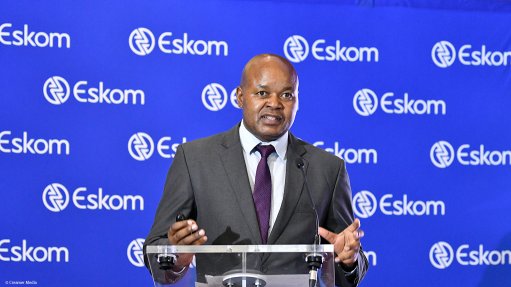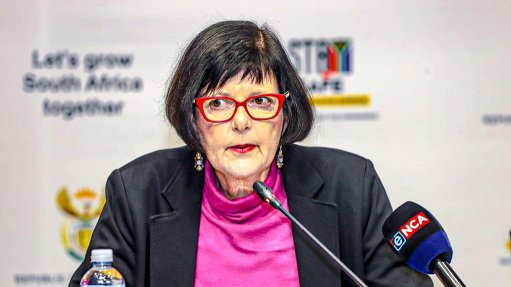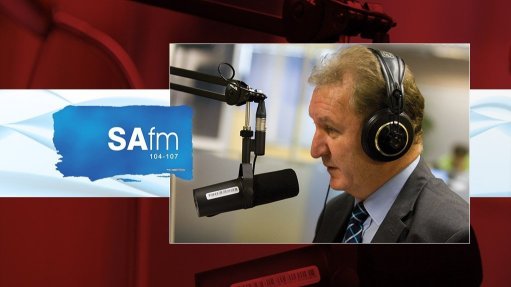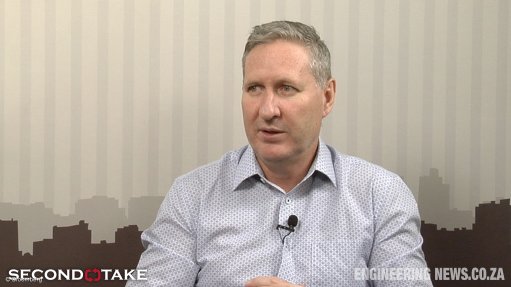South Africa in junk or high on it?
Have you seen junk? Ever touched it, used it or sailed on it? No, not in it, but on it? A few years ago, I was fortunate enough to sail on a junk while visiting Hong Kong. A junk, a Chinese flat-bottomed sailing ship, came into use in 220 BC and is still in use to this day. You can no longer sail the seven seas on it, but you can still sail in Chinese waters on it. These were ships of not only exploration but also trade, and were sometimes even used as ships of war.
But then the word ‘junk’ has an array of meanings, the most familiar of which is, no doubt, “old or discarded articles that are considered useless or of little value”. The lesser known is that it is slang for the drug heroin. A junkie is someone who suffers from addiction. There is another ironic meaning of junk that contrasts with that of the flat- bottomed sailing ship. A few days ago, as I typed away, Standard & Poor’s, or S&P, downgraded South Africa to ‘junk’, while Moody’s placed the country on review to be downgraded. The third of the ‘big three’ – Fitch – affirmed South Africa’s status as ‘junk’.
According to S&P, the downgrade “reflects our opinion of further deterioration of South Africa’s economic outlook and its public finances”. It goes on to state: “In our view, economic decisions in recent years have largely focused on the distribution – rather than the growth – of national income. As a consequence, South Africa’s economy has stagnated and external competitiveness has eroded . . . We expect that offsetting fiscal measures will be proposed in the forthcoming 2018 Budget, in February next year, but these may be insufficient to stabilise public finances in the near term, contrary to our previous expectations.”
Moody’s, in turn, said its decision to place South Africa on review to be downgraded was “due to a series of recent developments”, adding that these would seem to suggest that “the economic and fiscal challenges facing South Africa might be well more pronounced than Moody’s had previously anticipated”.
Interestingly, the National Treasury noted in a media statement: “‘Junk status’ ratings have implications for the economy, State debt costs, State-owned companies and the ordinary man on the street. Since April 2017, when Fitch downgraded the country to ‘junk status’, the country has seen a recession, borrowing costs have increased, and revenue has underperformed.” I am not certain if Fitch could be credited with triggering these events.
The National Treasury added that the corrective action that government intended undertaking was a “partnership with business and labour [that] is also crucial for restoring confidence”. It also stated that “tangible progress [had] been achieved on most of the 14 Confidence Boosting Measures and is expected to translate into improved investor confidence”.
Just in case you are confused, the 14 Confidence Boosting Measures refer to the 14-point action plan to revive the economy that was announced by Finance Minister Malusi Gigaba on July 13. A rose by a different name, perhaps? At the time, economist Azar Jammine was quoted as describing the plan as “another empty suit for the South African economy”. Not much – rather, nothing – has changed.
There have been plenty of plans. You might recall that, in his 2016 State of the Nation Address, in February 2016, President Jacob Zuma announced a nine-point plan to boost the economy. Just to remind you, the priorities were resolving the energy challenge; upping the agricultural value chain; beneficiation through adding value to mineral resources; more effective implementation of a higher-impact industrial policy action plan; encouraging private-sector investment; moderating workplace conflict; unlocking the potential of small, medium-sized and microenterprises, cooperatives, township and rural enterprises; reform of State-owned enterprises, broadband roll-out, water and sanitation and transport infrastructure; and Operation Phakisa, which aims to grow the ocean economy through the shipping and storage of energy products.
You do not need to be a rocket scientist – you merely have to have an interest, not even a keen interest, in South Africa to appreciate that politics is overshadowing government’s economic focus and policymaking.
As a dose of South African economic reality, the country’s economic growth performance is among the weakest of emerging markets. Income inequality is among the highest in the world and, more worryingly, it has steadily worsened and this will, no doubt, continue. The country’s services- dominated economy is barely growing. Further, the private sector is investing less than the depreciation of the capital stock. Unsurprisingly, since 2015, the South African economy has not been creating jobs on a net basis.
The South African economy is in deep trouble. Deep trouble. The trouble can be trivialised – it could even be underplayed – but it cannot be denied.
Renaming an ‘empty suit’ 14-point action plan 14 Confidence Boosting Measures does nothing to alter or improve South Africa’s economic reality.
The economic reality facing South Africa is the current political leadership’s culture of entitlement and obsessing with personal interest, rather than focusing on the improvement of the South African economy. This fosters economic policy uncertainty.
As much as the South African economy is in need of structural change, this will only be possible if it is preceded by political structural change. This implies a change of political leadership. A real change of political leadership. And not the musical chairs variety that occurred in recent days north of the South African border.
Without decisive change, both political and economic, South Africa will continue to cement its new-found economic status – junk, ironically, against a backdrop of handsomely rewarding those responsible for setting and maintaining South Africa’s economic course. Or should it be discourse?
Comments
Press Office
Announcements
What's On
Subscribe to improve your user experience...
Option 1 (equivalent of R125 a month):
Receive a weekly copy of Creamer Media's Engineering News & Mining Weekly magazine
(print copy for those in South Africa and e-magazine for those outside of South Africa)
Receive daily email newsletters
Access to full search results
Access archive of magazine back copies
Access to Projects in Progress
Access to ONE Research Report of your choice in PDF format
Option 2 (equivalent of R375 a month):
All benefits from Option 1
PLUS
Access to Creamer Media's Research Channel Africa for ALL Research Reports, in PDF format, on various industrial and mining sectors
including Electricity; Water; Energy Transition; Hydrogen; Roads, Rail and Ports; Coal; Gold; Platinum; Battery Metals; etc.
Already a subscriber?
Forgotten your password?
Receive weekly copy of Creamer Media's Engineering News & Mining Weekly magazine (print copy for those in South Africa and e-magazine for those outside of South Africa)
➕
Recieve daily email newsletters
➕
Access to full search results
➕
Access archive of magazine back copies
➕
Access to Projects in Progress
➕
Access to ONE Research Report of your choice in PDF format
RESEARCH CHANNEL AFRICA
R4500 (equivalent of R375 a month)
SUBSCRIBEAll benefits from Option 1
➕
Access to Creamer Media's Research Channel Africa for ALL Research Reports on various industrial and mining sectors, in PDF format, including on:
Electricity
➕
Water
➕
Energy Transition
➕
Hydrogen
➕
Roads, Rail and Ports
➕
Coal
➕
Gold
➕
Platinum
➕
Battery Metals
➕
etc.
Receive all benefits from Option 1 or Option 2 delivered to numerous people at your company
➕
Multiple User names and Passwords for simultaneous log-ins
➕
Intranet integration access to all in your organisation






